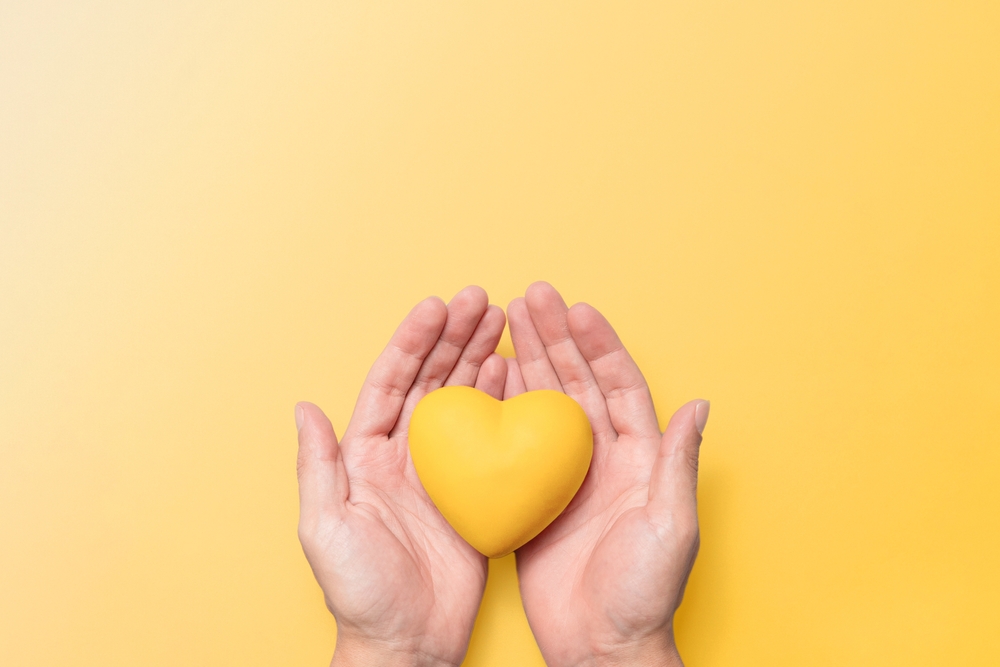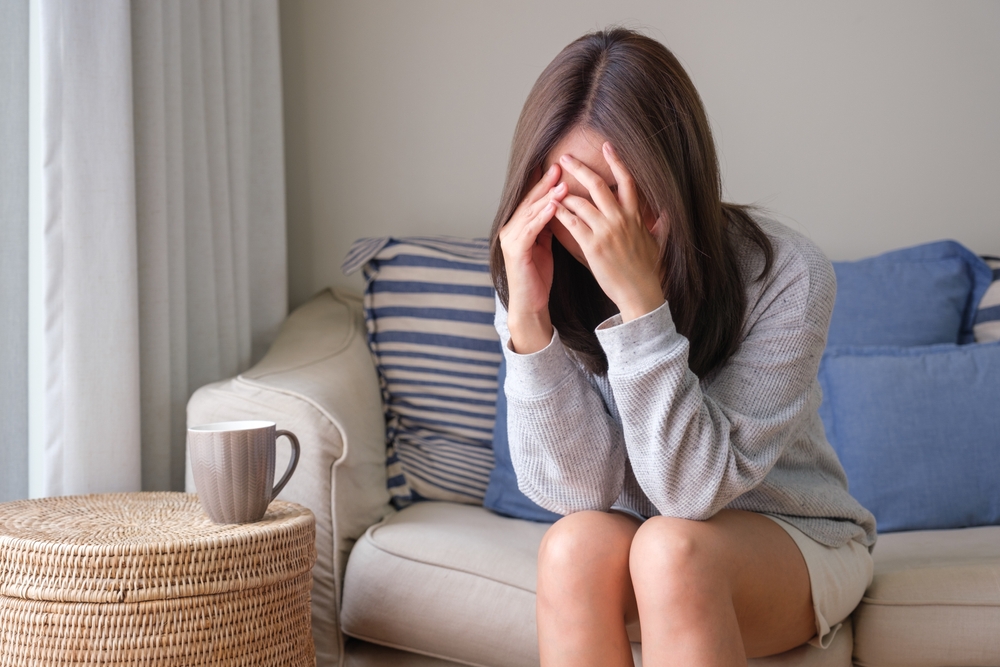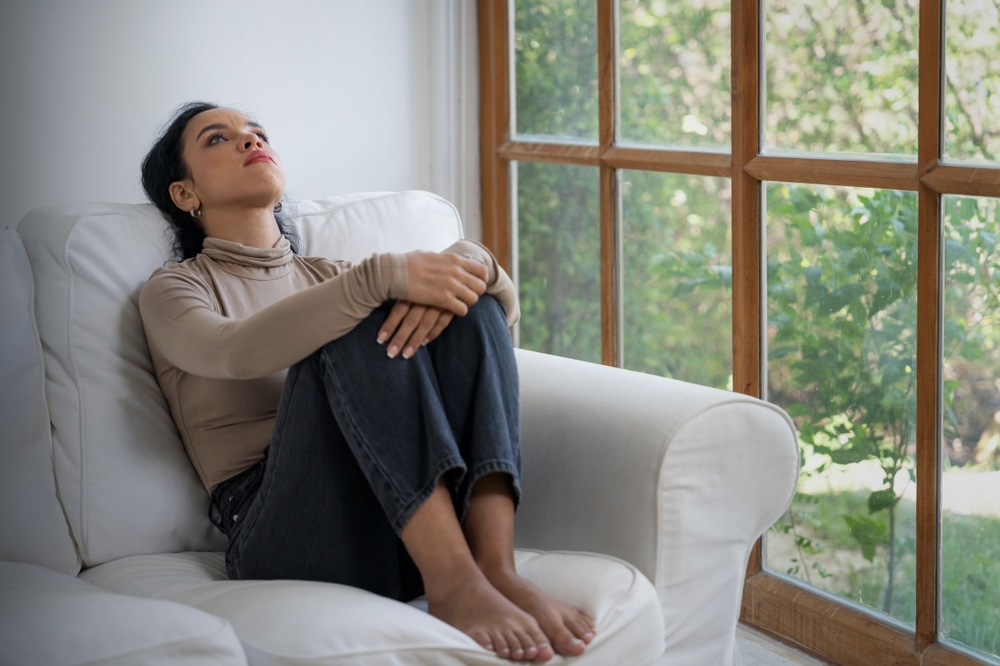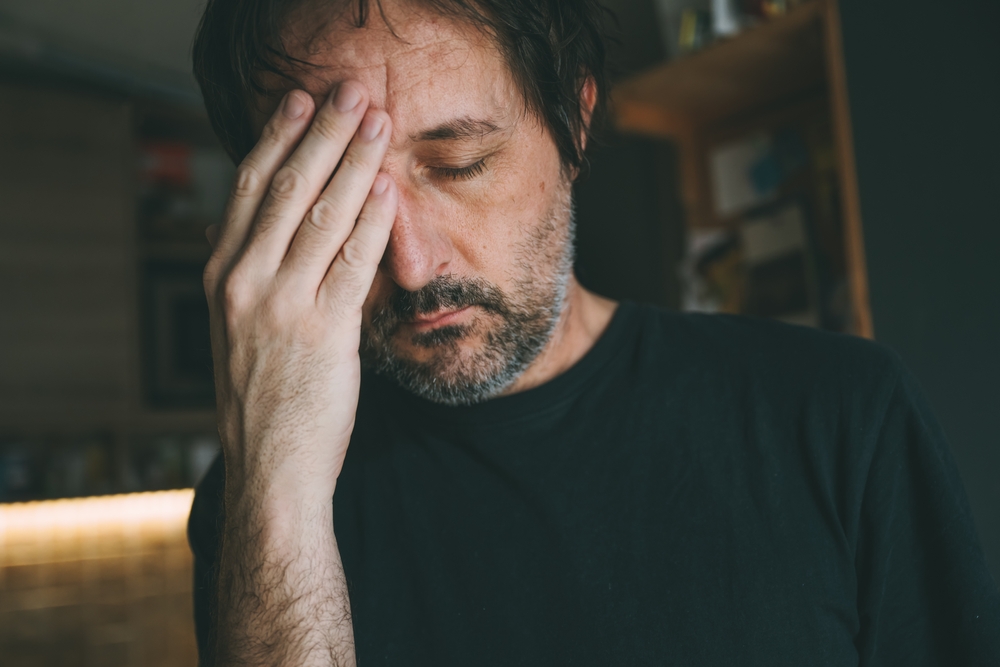Loneliness isn’t just about feeling sad. It triggers real physical changes in your body. Chronic loneliness messes with your sleep, weakens your immune system, and even increases your risk of serious diseases. These are just some of the ways in which your emotional health directly impacts your physical well-being.
1. Your Heart Takes a Hit.

Loneliness doesn’t just hurt your feelings, it hurts your body too. Feeling chronically disconnected is a major stressor, and your heart pays the price. According to the Heart and Stroke Foundation, it can lead to high blood pressure, increase your risk for heart attack and stroke, and generally mess with your cardiovascular health. This shows how important it is to prioritize strong relationships and a sense of community – it’s not just about happiness, it’s about staying healthy!
2. Say Hello to Inflammation.
 provided by Shutterstock
provided by Shutterstock
According to Science Direct, loneliness can trigger an inflammatory response in your body, the same thing that happens when you’re fighting an infection. Long-term inflammation is linked to all sorts of problems like arthritis, diabetes, and even some types of cancer. Chronic loneliness literally fuels problems within your body.
3. Sleep? What Sleep?

Loneliness can seriously mess with your sleep. You toss and turn, your mind races, and those quality ZZZs feel impossible. However, lack of sleep makes you feel crabby, foggy-headed, and generally awful – which only makes the loneliness worse. It’s a nasty cycle to break!
4. Your Immune System Isn’t a Fan.

Loneliness doesn’t just bum you out – it makes you more likely to get sick! It messes with your immune system, leaving you more vulnerable to everything from the common cold to more serious infections. So, next time you’re feeling lonely, remember that those feelings might be making you physically unwell too.
5. Brain Fog Sets In.

Ever feel super scatterbrained or mentally foggy when you’re lonely? There’s a reason for that! Our brains need social interaction to stay sharp. Long periods of isolation can make it harder to concentrate, mess with your memory, and even increase your risk of problems like dementia later in life.
6. Your Stress Hormones Go Wild.

Loneliness isn’t just about feeling sad, it’s like hitting your body’s internal panic button. It triggers the release of cortisol, the stress hormone, and constantly being in that fight-or-flight mode wreaks havoc. Long-term, this can lead to anxiety, weight problems, messed up digestion…the list goes on. It shows how important healthy connections are for your overall health.
7. You Have a Higher Risk of Depression.

It’s no surprise that loneliness and depression often go hand-in-hand. Loneliness can make you feel worthless, trigger those negative self-talk spirals, and just generally sap your motivation. This puts you at much higher risk of developing full-blown depression. This is why prioritizing your social circle isn’t just about having fun – it’s about protecting your mental health too.
8. It Can Make Existing Pain Worse.

If you already struggle with chronic pain, feeling lonely makes it SO much worse. Emotional distress and physical pain feed off each other. It’s like your body’s “ouch!” signal gets turned up to full blast. Managing loneliness isn’t just about feeling better emotionally, it can actually help with your physical pain too.
9. “Hangry” Gets Real.

Feeling lonely can mess with hormones that regulate your appetite and blood sugar levels. This can lead to cravings for unhealthy foods, making it harder to maintain a balanced diet. Nourishing your body becomes more difficult when you’re feeling emotionally drained. Who could blame you for going to what’s quick, easy, and more comforting?
10. It Can Age You Faster.

Long-term loneliness is associated with changes on a cellular level that resemble premature aging. While more research is needed, it suggests that chronic loneliness may literally make your body age faster. Taking care of your emotional health is an investment in your long-term physical well-being.
11. It’s Not All Doom and Gloom.

Here’s the good news: you don’t have to let loneliness control your health! Finding ways to connect with others –through friendships, volunteering, support groups, therapy, whatever works for you – can make a huge difference. Prioritizing your emotional health has a powerful ripple effect, improving your physical health too.








